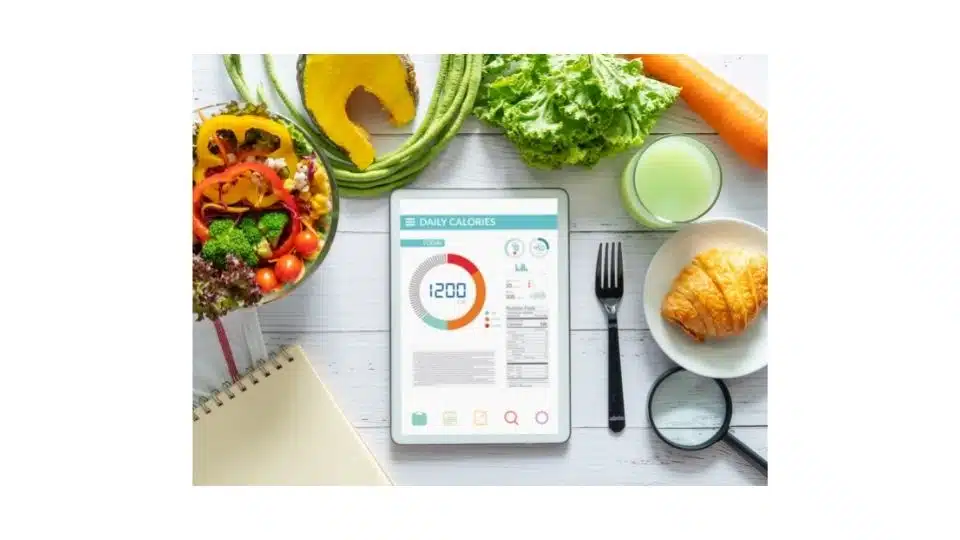You have seen a plethora of before and after transformation pictures. There are so many fitness freaks or people sharing their inspiring journeys. But no one is sharing the truth of their journey or the way how they got fit. We have known people who appear to be fit but are suffering from deficiencies and disorders such as cardio and renal problems. This pandemic has changed our focus from six-pack abs to holistic health. Here are a few health mistakes even the fittest-looking people make these days:
Health Mistakes 1. Not enough hydration
Water is an essential part of our life. It is believed that more than 75% of our body is water. But, an adult male body is about 58% water whereas an adult female body is about 50% water. This percentage further decreases as we age.
We are often asked that drinking more water will flush out toxins from our bodies. But that’s not the truth. Drinking excess water will just pass through urine without removing the toxins. Rather, you should eat your water too!
Yes, you read it right. About 30% of water intake should be from food sources such as vegetables and fruits. So you should look at the remaining 70% from liquid sources.
Drinking 8-12 glasses of water a day might not be appropriate for everyone. Your water intake depends on the weight of your body. For an adult, you should drink 35 ml per kg of water. And for children, it is 50-60 ml/kg. Whereas for infants, the ideal consumption is 150 ml/kg of their body weight.

Health Mistakes 2. Too much synthetic protein
Wherever you go, you will find the latest snacks and supplements rich in protein. Modern trainers and coaches are constantly telling us that we need more and more protein for our health.
But in this era, protein is overexploited. In some cases, fitness freaks are too much dependent upon synthetic proteins and supplements. They not only have negative effects on your health but can also have serious implications in the future. These supplements make you addicted and you also lose out on the minerals, vitamins, and fiber content that you could gain from the natural sources of protein.

Health Mistakes 3. Supplementation
Nutrients from natural food react differently inside your body than a supplement. For instance, it is known that increasing calcium intake can reduce the risk of heart diseases but it is different when you consume calcium in form of a supplement. Some recent studies have shown that consuming calcium supplements for a prolonged period can increase the risk of heart disease.
As fitness freaks are consuming multivitamins, they don’t know how those multivitamins will react with each other when consumed together. For instance, calcium can hinder the absorption of iron if consumed together.
Supplements are not real vitamins and minerals. The way a body absorbs the vitamins naturally is different from how your body responds to an artificial vitamin. The absorption rate of vitamins and minerals of your body is more when it is consumed from a natural food source than in form of a supplement.
Lastly, there is a total of 40 essential nutrients which most of us hardly know. Few nutrients are known like calcium & iron and vitamins like Vitamin E, Vitamin C & Vitamin D but we don’t know that there are over 40 important nutrients. Thus, this is very difficult to fulfill the body’s needs just by supplementation. For example, choline is added to the list of essential nutrients in 1998. Before that, it might have not been considered important for the body.
Health Mistakes 4. Running after healthy & low-fat snacks
In this world of snacking, marketers and brands are trying to lure you with exaggerated claims that the products they sell are healthy, low fat, high fiber, have zero fat, etc. Most of us go by the claim as it is made by a big brand and endorsed by a celebrity.
But we as fitness freak forget to read the nutrition label and ingredients of such a so-called healthy snack. From brown bread to whole wheat cookies to low-fat sauces and spreads and also zero sugar foods, there are foods that appear to be healthy but are really not.

Health Mistakes 5. Over-exercising
There are people who are passionate about fitness but they cannot differentiate between regular exercise and what is ideal for them. These fitness freak take their workouts too seriously that forget everything else. Do you know? Over-exercising can affect health negatively. People often overexert themselves. This further leads to people being more stressed, being more prone to injuries, developing deficiencies, and also the mal-absorption of nutrients.

Health Mistakes 6. Calorie counting
If you want to gain weight, you have to be in a state of a calorie surplus. And if you want to lose weight, you have to be in a state of calorie deficit. This is the common mistake everybody particularly a fitness freak is making. The concept of calories is being promoted by celebrities and apps which ask you to pinpoint every calorie you consume. This might not be a complete truth.

In today’s diet culture, we are asking a dieter to further reduce calories and eat less who is already having deficiencies and health conditions. Going into extreme calorie deficit can further aggravate the further health condition and breaks the body’s metabolism completely. Instead, we should focus on nutritious food. Moreover, nutrition isn’t about counting calories, it is about micros and macros.
Summary
Our thoughts are influenced by social media and influencers. Try to be a mindful consumer. Trends come and go. It’s you who have to take care of your bodies and not follow these fads blindly. We suggest you start reading nutrition labels. Stick to your basics and focus on holistic health to lead a happy-go-lucky lifestyle.

Dietitian Mac Singh & Sahil Bansal
Related Posts

7 Steps to break sugar addiction and emotional eating
How to break sugar addiction? Know the hidden sugar in foods such as sugar in Ketchup. How to break sugar addiction? Use plant-based sweetener, Stevia

Cottage cheese, Dark chocolate, White kidney beans – Know Top 10 Healthy Foods for Weight Loss
Are you trying to lose weight but unable to follow a strict regime of exercise and diet? Rigorous diet restrictions or rigorous exercise schedules can

